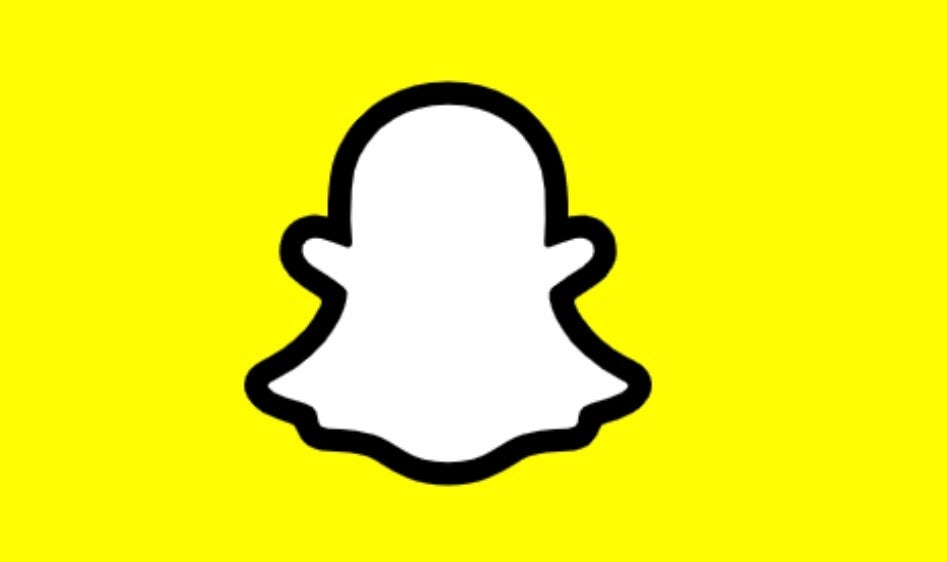SNAP blames Apple for weaker advertising results; company loses $32 billion in value

In a snap, the valuation of SNAP, the parent company of social media app Snapchat, declined by a whopping $32 billion reports CNBC. That's because the stock lost a whopping 27% on Friday (dropping $20.04 or 26.66% to $55.14) after releasing its third-quarter earnings after trading hours on Thursday. For the quarter, the company reported $1.07 billion in revenue, slightly less than the $1.10 billion expected by the Street.
Apple's App Tracking Transparency has hurt Snapchat's advertising performance as most iOS users refuse to get tracked
The 17 cents a share in earnings that SNAP reported topped expectations of 8 cents per share, and the number of global daily active users hit 306 million beating out forecasts of 301.8 million. The latest figure was 23% above the 249 million daily users that the site had during the same quarter last year. If you just looked at that data, you'd expect the stock to soar instead of plunge, but the average revenue per user, at $3.49, failed to reach expectations of $3.67.

Snapchat lost $32 billion in market valuation on Friday
For the current fourth quarter, SNAP hopes to reach 316 to 318 million DAUs and that guidance is more than the 311.8 million daily active users that the Wall Street consensus expects SNAP to announce.
But what really knocked the stock down were the comments made about Apple's App Tracking Transparency (ATT) feature. SNAP CEO Evan Spiegel said following the release of the report, "While we anticipated some degree of business disruption, the new Apple-provided measurement solution did not scale as we had expected, making it more difficult for our advertising partners to measure and manage their ad campaigns for iOS."
Apple's App Tracking Transparency feature allows iOS users to choose to stop being tracked by third-party apps, or opt-in to being tracked. The majority of iOS users decided that they don't want to be tracked for the purposes of receiving online ads. This affected many apps like Facebook and Snapchat that collect revenue by serving up online ads.
While Spiegel originally had good things to say about ATT back in February ("We generally view this as a good thing overall for consumers, even if it’s a little disruptive for advertisers in the near term," he said), yesterday the executive stated that ATT impacted SNAP's advertising business more than anticipated. Spiegel also said that labor and supply chain shortages reduce the "short-term appetite to generate additional customer demand through advertising."
Besides ATT, Snapchat was also hurt by the supply chain shortage that is impacting companies worldwide
Snapchat was forced to reduce expectations for the current quarter (the fourth quarter) because of Apple's App Tracking Transparency, and the supply change interruptions, and CFO Derek Andersen now looks for the October through December period to generate $1.16 billion to $1.20 billion in revenue. Analysts that pound the Street (Wall Street, that is) were looking for the company to report $1.36 billion in revenue for the final quarter of the year.
Andersen stated, "Unfortunately, these changes are occurring during a season when our advertising partners would normally expect their supply chains to be operating at peak capacity, and at a time when we would otherwise expect peak advertising demand to drive peak contestation, and therefore peak pricing, in our auction." SNAP reported an improved net loss of $72 million, 64% lower than the $200 million net loss it suffered during the same quarter last year.
CEP Spiegel says, "While it is difficult to predict the trajectory of these challenges, the growth of our audience, the adoption of our new products and platforms by our community, and the underlying efficacy of our advertising products for performance advertisers gives us confidence in the future of our business and our ability to navigate this environment as we continue to invest in our long-term vision."
SNAP's third-quarter results also took a bite out of the valuations of two other social media superstars, Facebook and Twitter. This indicates that investors are concerned that the companies might end up suffering from the same issues that impacted SNAP during the third quarter.










Things that are NOT allowed: